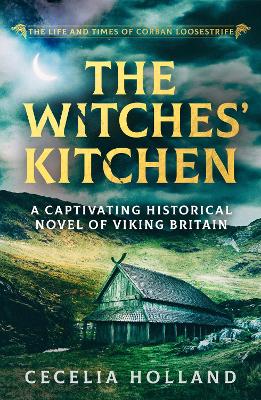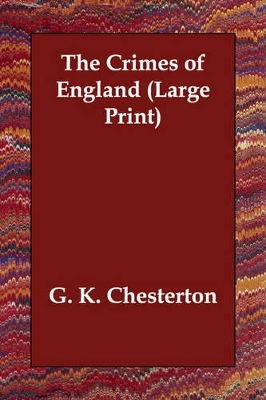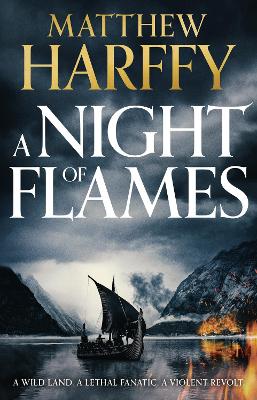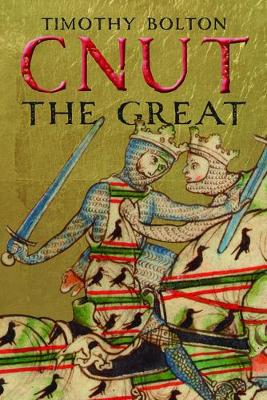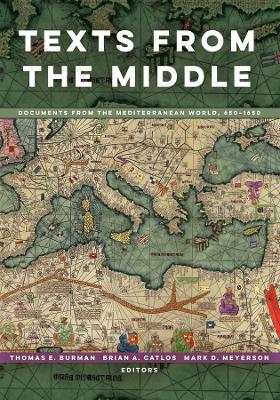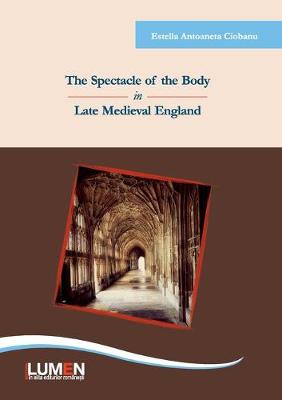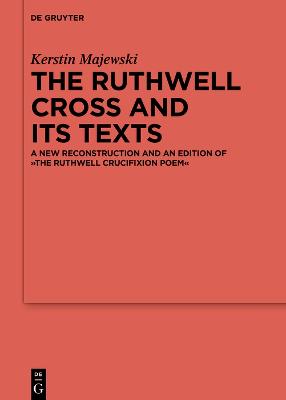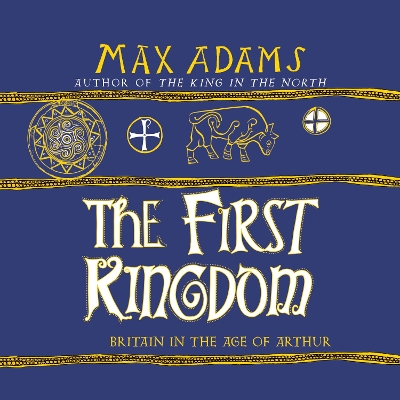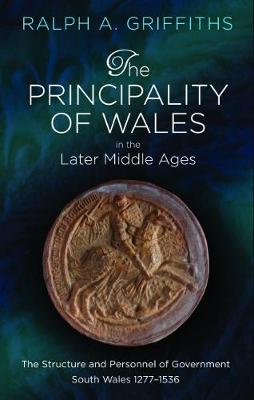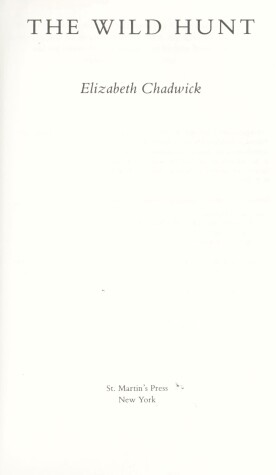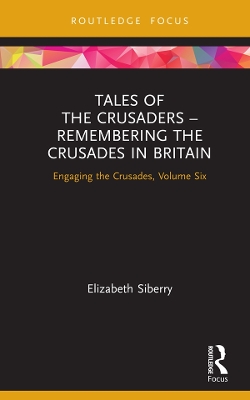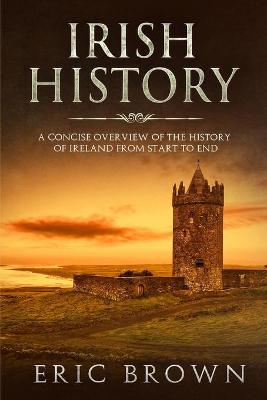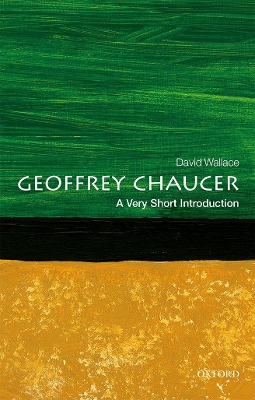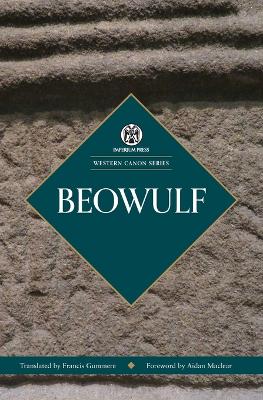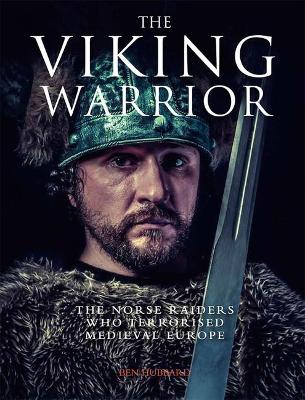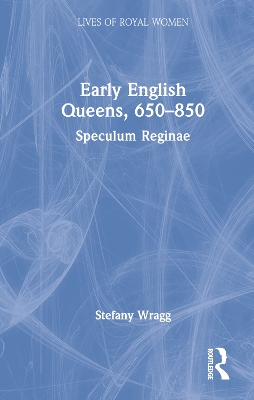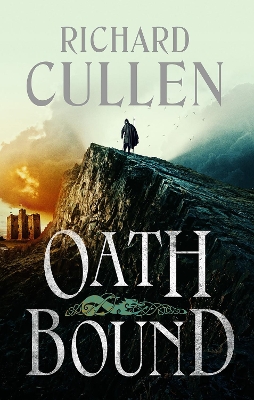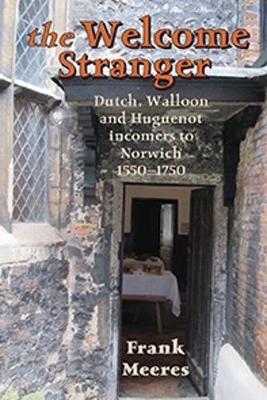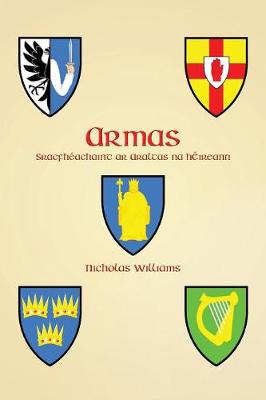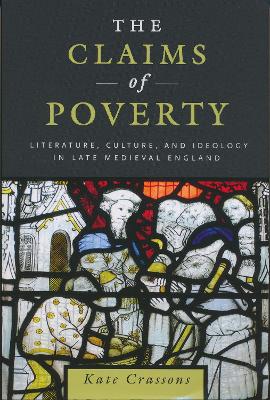The Witches' Kitchen (The Life and Times of Corban Loosestrife, #2) (Soul Thief, #2)
by Cecelia Holland
The Crimes of England is a series of essays written during the Great War that highlight, in Chesterton's learned and generally witty opinion, the failings of his country. The collection opens with a letter to Professor Whirlwind, a German whose name 'is too much for me', and who has been writing articles attacking England in the newspapers of the day. Chesterton savagely and cleverly whittles the Professor down to a very small nub indeed, and then he goes on to highlight his own problems with En...
In the wild lands of Norway, Hunlaf must quell a violent revolt in Matthew Harffy's new historical adventure. Northumbria, AD 794. Those who rule the seas, rule the land. None know the truth of this more than the Vikings. To compete with the seafaring raiders, the king of Northumbria orders the construction of his own longships under the command of oath-sworn Norseman, Runolf. When the Vikings attack again, the king sends cleric turned warrior, Hunlaf, on a mission to persuade the king of Rogal...
Notre-Dame De Paris (Narrativa Francese, #12) (Reedit, #1)
by Victor Hugo
More commonly known as The Hunchback of Notre-Dame, Victor Hugo's Romantic novel of dark passions and unrequited love In the vaulted Gothic towers of Notre-Dame Cathedral lives Quasimodo, the hunchbacked bellringer. Mocked and shunned for his appearance, he is pitied only by Esmerelda, a beautiful gypsy dancer to whom he becomes completely devoted. Esmerelda, however, has also attracted the attention of the sinister archdeacon Claude Frollo, and when she rejects his lecherous approaches, Froll...
A seminal biography of the underappreciated eleventh-century Scandinavian warlord-turned-Anglo-Saxon monarch who united the English and Danish crowns to forge a North Sea empire Historian Timothy Bolton offers a fascinating reappraisal of one of the most misunderstood of the Anglo-Saxon kings: Cnut, the powerful Danish warlord who conquered England and created a North Sea empire in the eleventh century. This seminal biography draws from a wealth of written and archaeological sources to provide...
Texts from the Middle
Texts from the Middle is a companion primary source reader to the textbook The Sea in the Middle. It can be used alone or in conjunction with the textbook, providing an original history of the Middle Ages that places the Mediterranean at the geographical center of the study of the period from 650 to 1650. Building on the textbook's unique approach, these sources center on the Mediterranean and emphasize the role played by peoples and cultures of Africa, Asia, and Europe in an age when Christ...
The Spectacle of the Body in Late Medieval England
by Estella Antoaneta Ciobanu
The Ruthwell Cross and its Texts (Erganzungsbande zum Reallexikon der Germanischen Altertumskunde)
by Kerstin Majewski
The Ruthwell Cross is one of the finest Anglo-Saxon high crosses that have come down to us. The longest epigraphic text in the Old English Runes Corpus is inscribed on two sides of the monument: it forms an alliterative poem, in which the Cross itself narrates the crucifixion episode. Parts of the inscription are irrevocably lost. This study establishes a historico-cultural context for the Ruthwell Cross’s texts and sculptures. It shows that The Ruthwell Crucifixion Poem is an integral part of a...
The bestselling author of The King in the North turns his attention to the obscure era of British history known as 'the age of Arthur'. Somewhere in the dim void between the departure from Britain of the Roman legions at the start of the fifth century and the days of the venerable Bede, the kingdoms of Early Medieval Britain were formed. But by whom? And out of what? Max Adams scrutinizes the narrative handed down to us by later historians and chronicles, stripping away the most lurid nonsense...
The Principality of Wales in the Later Middle Ages
by Ralph A. Griffiths
This is a study of royal government in the southern counties of the principality of Wales between the beginning of Edward I’s conquest in 1277 and Henry VIII’s ‘act of Union’. This reprinted edition of the book, first published in 1972, includes a new introduction to incorporate recent writings on the subject. Part I discusses the administrative framework of Carmarthenshire and Cardiganshire and the way in which it evolved in response to the political needs and reactions of governors and governe...
'An author who makes history come gloriously alive'The Times Elizabeth Chadwick's bestselling, award-winning first novel, and the start of the beloved Wild Hunt series.In the wild, windswept Welsh marches a noble young lord rides homewards, embittered, angry and in danger. He is Guyon, lord of Ledworth, heir to threatened lands, husband-to-be of Judith of Ravenstow. Their union will save his territory - but they have yet to meet...For this is Wales at the turn of the twelfth century. Dynasties f...
Tales of the Crusaders – Remembering the Crusades in Britain (Engaging the Crusades)
by Elizabeth Siberry
Engaging the Crusades is a series of volumes which offer windows into a newly emerging field of historical study: the memory and legacy of the crusades. Together these volumes examine the reasons behind the enduring resonance of the crusades and present the memory of crusading in the modern period as a productive, exciting, and much needed area of investigation. Crusading was a part of the rich tapestry of family history, with tales of crusading developed as evidence of heroic endeavour to enha...
Geoffrey Chaucer: A Very Short Introduction (Very Short Introductions)
by David Wallace
Originally writing over 600 years ago, Geoffrey Chaucer is today enjoying a global renaissance. Why do poets, translators, and audiences from so many cultures, from the mountains of Iran to the islands of Japan, find Chaucer so inspiring? In part this is down to the character and sheer inventiveness of Chaucer's work. At the time Chaucer's writings were not just literary adventures, but also a means of convincing the world that poetry and science, tragedy and astrology, could all be explored t...
"...and they laid all waste with dreadful havoc, trod with unhallowed feet the holy places, dug up the altars, and carried off all the treasures of the holy church. Some of the brethren they killed; some they carried off in chains; many they cast out, naked and loaded with insults; some they drowned in the sea." -Simeon of Durham, A History of the Community of Durham Beginning in 789 CE, the Vikings raided monasteries, sacked settlements and invaded the Atlantic coast of Europe and the British...
This book offers the first dedicated and comprehensive examination of the lives of nearly thirty women known to occupy the office of queen in the English kingdoms between 650 and 850. The queens of early England are often shadowy figures in the historical record, beset by numerous issues which have largely confined them to the margins of history. Through careful analysis, the volume presents a ground-breaking appraisal of the role of queens in early England, and how their actions and identities...
LONGLISTED FOR THE WILBUR SMITH ADVENTURE WRITING PRIZE 2022. An action-packed historical novel featuring Danish warrior Styrkar, and his journey through the violent Norman Conquest as he fights for vengeance.The champion of a dead king has nothing left to lose... And nothing more to fear. Hastings, 1066. Styrkar the Dane stumbles wounded and delirious from the corpse-strewn battlefield of Senlac Hill. He has watched his king butchered at the hands of foreign knights, seen his countrymen defeate...
William the Conqueror was the first Norman King of England, reigning from 1066 until his death in 1087. The descendant of Viking raiders, he had been Duke of Normandy since 1035 under the style William II. After a long struggle to establish his power, by 1060 his hold on Normandy was secure, and he launched the Norman conquest of England in 1066. The rest of his life was marked by struggles to consolidate his hold over England. William's final years were marked by difficulties in his continental...
Ethnic Identity and the Archaeology of the Aduentus Saxonum (Early Medieval North Atlantic, #14)
by James M Harland
In The Claims of Poverty, Kate Crassons explores a widespread ideological crisis concerning poverty that emerged in the aftermath of the plague in late medieval England. She identifies poverty as a central preoccupation in texts ranging from Piers Plowman and Wycliffite writings to The Book of Margery Kempe and the York cycle plays. Crassons shows that these and other works form a complex body of writing in which poets, dramatists, and preachers anxiously wrestled with the status of poverty as a...
